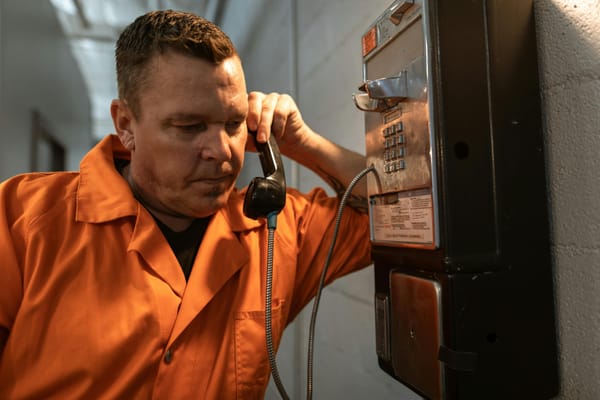FCC Votes to Preserve Parts of 12 GHz Spectrum Band for Satellite Use
In light of technical evidence, the FCC has voted to preserve 12.2-12.7 GHz band for satellite purposes.

WASHINGTON, May 18, 2023 – The Federal Communications Commission voted in an open meeting Thursday to preserve parts of the 12 GHz spectrum band for advanced satellite service.
The FCC adopted rules to preserve spectrum in the 12.2-12.7 GHz band for satellite services by refusing to authorize two-way, high-powered terrestrial mobile use on the same band due to the significant risk of harmful interference to existing satellite services.
“In 12.2 we are correcting course in response to technical evidence,” said FCC Commissioner Geoffrey Starks in his comments. “Based on the studies filed, our engineers have concluded to date that high-powered mobile broadband when deployed throughout the country will interfere with established and emerging satellite services that serve millions of customers and is growing.”
“I would have welcomed a path forward that allowed both services to thrive, but for now, it is time for us to adapt,” he concluded.
The FCC also adopted a proposal to repurpose some or part of the 12.7-13.25 GHz band to support flexible terrestrial wireless use and is seeking comment regarding the action.
Starlink, SpaceX’s satellite broadband service provider said in a letter to the FCC earlier this month that it appreciated that the proposal to reject the use of high-powered mobile operations in the 12.2-12.7 GHz band would be considered.
The company has raised alarm for years about potential interference issues if the commission opens the band to mobile use.
RS Access said in a letter to the FCC that the band is compatible with both mobile and satellite operations. The letter suggested that the FCC “tentatively conclude” that high-power fixed operations are compatible with other “co-primary operations.”
The company’s CEO, Noah Campbell, issued a statement following the FCC’s Thursday decision stating that he “welcomes the FCC’s unanimous and bipartisan vote on how to enable valuable consumer services in the 12 GHz band.”
Chairwoman Jessica Rosenworcel concluded her remarks with a plea for Congress to reauthorize spectrum auction authority to the FCC, which expired in March for the first time in its history.
“Restoring this authority will provide the United States with the strongest foundation to compete in a global economy, counter our adversaries’ technology ambitions, and safeguard our national security,” she said.
Continued crackdown on illegal robocalls and more flexible rules for 60 GHz spectrum
The FCC also approved and adopted new rules to further expand its robocall blocking requirements for voice carriers. The new rules will extend several call blocking requirements to include voice service providers that are not currently covered by FCC rules.
In November, the FCC ruled that straight-to-voicemail robocalls will be subject to the 1991 Telephone Consumer Protection Act’s consumer protections. The FCC has focused its energy over the last few years on eliminating robocall activity in the United States.
“Today we build on these efforts by clarifying some of our rules designed to put a halt to illegal robocalls. We make clear that all carriers have a duty to respond to traceback requests in 24 hours so we can figure out who is behind any new rash of illegal robocalls,” said Rosenworcel in a statement.
According to a Federal Trade Commission report, U.S. consumers reported a total of $798 million lost to fraud via phone call in 2022.
The FCC also adopted new, more flexible rules for the 60 GHz spectrum band to support innovative radar technology, which include important applications that alert drivers to children left in hot cars, detect hand gestures to improve mobility, and assist drones in construction and emergency rescue, among other applications.
“Welcome to the radar revolution. It is no longer just for tracking planes and measuring weather patterns. That’s because we are on the cusp of deploying radar technology for a much wider range of uses,” said Rosenworcel. “In this decision, we are updating our approach to the 60 GHz band. We are modernizing it so that it can be used to its full potential.”










